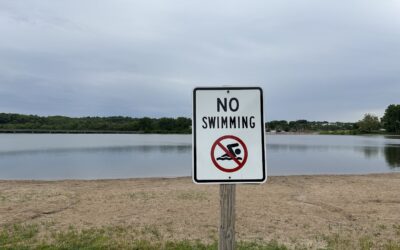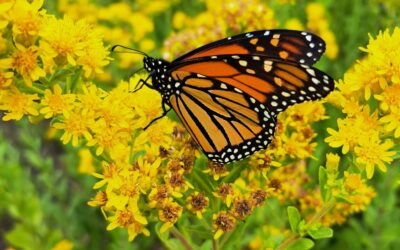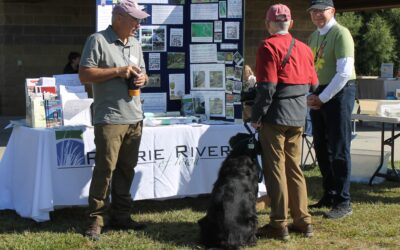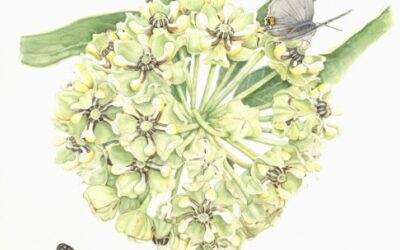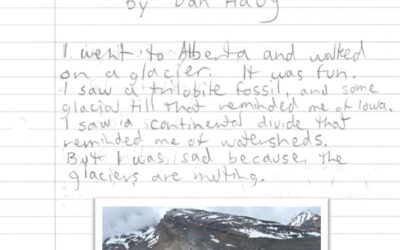Conservation Connection
End the No Swim Era
If you went to a beach at an Iowa state park last summer, you had a 1 in 4 chance of seeing a “Swimming Not Recommended” sign. 2025 was also a bad year for E. coli in the waters we monitor locally. What do we do about it?
How bad was nitrate in 2025?
When the ball dropped on New Year’s Eve, nitrate in the Raccoon River was once again above the drinking water standard, closing out a bad year for water quality in Iowa. I compared this year’s nitrate levels to long-term averages at 47 sites to get a sense for where and when nitrate was highest and what was unusual about 2025.
A Year Later, Where Does the Monarch Butterfly Stand with its Listing Under the Endangered Species Act?
The monarch butterfly has been fighting to be listed under the Endangered Species Act for over a decade. This is an overview of its journey and where it stands now.
The economics of nitrogen have changed. Has our thinking?
The scenarios in the Iowa Nutrient Reduction Strategy all assumed that nitrogen application rates could be reduced to levels that no longer make economic sense. There may be another path to clean water in Iowa, but both critics and defenders of the Iowa Nutrient Reduction Strategy are stuck on some outdated assumptions.
Does Adding a Pollinator Garden Really Save You Money?
Most people don’t think twice about what it costs to maintain a traditional lawn, but the numbers add up quickly. Let’s break down how much the average homeowner in Ames spends compared to...
In case you missed it – 2025 event recap
A review of the Watershed and Wildlife program’s volunteer events, speaking engagements, and tabling events in 2025.
Amending the Clean Water Act
The Clean Water Act no longer works very well in Iowa. The House is proposing amendments that would make it worse.
An Interview With a Botanical Artist
Amy Welch is a Botanical Artist that creates beautiful paintings of plants. I was able to interview her and get insight into her thought process for these art pieces.
How I Spent My Summer Glaciation
This summer I went to Alberta and walked on a glacier. It was fun. It reminded me of Iowa’s icy past and our warming future. I learned a lot. If you read this, you’ll learn something too!

